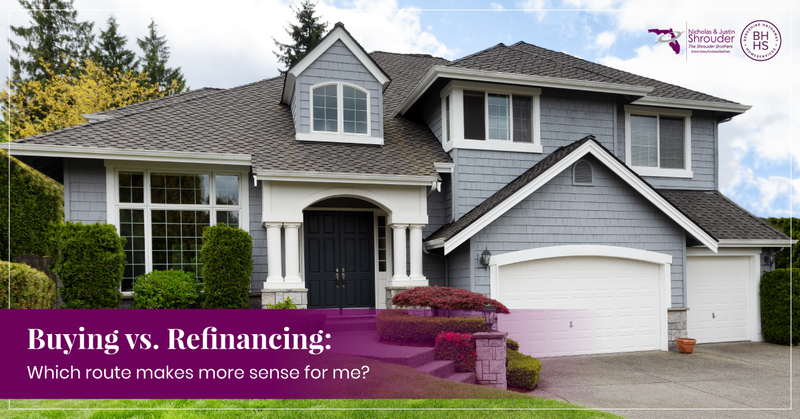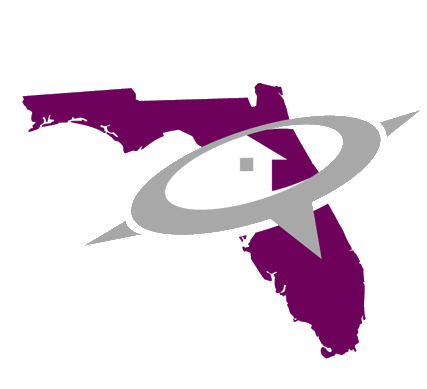Owning real estate is one of the best long-term financial and personal decisions that someone can make. With interest rates as low as they are today, now can be a great time to purchase a home or refinance an existing one. For those that are real estate owners today, refinancing a mortgage could help to save a lot of money each month. At the same time, the low-interest rates now could be a good time to purchase a new home that better suits your lifestyle. There are several factors that you should take into buying vs refinancing.
Need for Housing Change
One of the most important factors to consider when you are trying to decide between buying and refinancing is whether you need a housing change. It is important to consider what makes the most sense for you when it comes to where you need to live. If you need to move to a new city for personal or professional reasons or would like to own a larger or smaller home, locking in the low-interest rates for a long time and buying a new home can be a great option. However, if you like the home that you live in, refinancing could be a great option as it will allow you to reduce your monthly bills or take years off of your mortgage schedule.
Cash-Out Option
Another factor that you should consider when you are trying to determine whether you should refinance your mortgage or buy a new home is if you can get cash out. Most mortgage lenders will allow you to borrow up to at least 80% of your property value without having to pay PMI. If you have more than 20% equity in your home, you could accept a higher loan amount in lieu of receiving cash when you close. You can then use these extra funds for any purpose that you want.
Additional Costs
When you are trying to figure out if you should refinance your mortgage or buy a new home, you also should consider additional costs that could come about. If you decide to refinance your loan, your additional costs will be limited to your closing costs for the mortgage. If you decide to sell and buy a new home, your costs will be far greater. The costs could include real estate commissions, higher closing costs, and moving expenses. Even if you have a lower mortgage rate, buying a more expensive home could result in a larger loan and more real estate tax, insurance, and maintenance costs.
Jumbo vs Conventional
Depending on your situation, you may have to also consider the implications that come with taking on a bigger loan. If you purchase a larger home that is more expensive and end up taking out a loan that exceeds the conventional guidelines, you may need to take out a jumbo mortgage. Depending on where you live, mortgages that are for $485,000 or higher may be considered jumbo mortgages. If you do take out a jumbo loan, the interest rates will be higher than they would be for a conventional loan. This could cut into the savings that you will receive through lower mortgage rates.
Mortgage interest rates today are incredibly low. This can make it a great time to either purchase a new home or refinance your existing mortgage. If you already own a home, choosing between buying a new property or refinancing a loan and staying can be a big decision. There are several factors that you should take into consideration that could make it easier for you to determine whether refinancing or buying a new home is right for you.


